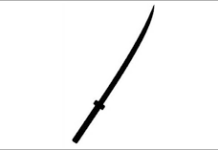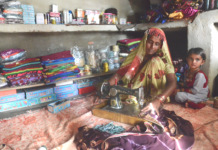Monitoring Desk
Pakistan has ranked 124 out of 180 countries — dropping four spots over last year — in the newly released Corruption Perceptions Index (CPI) by Transparency International.
The 2020 edition of the CPI ranked 180 countries and territories by their perceived levels of public sector corruption, on the basis of 13 expert assessments and surveys of business executives.
Denmark and New Zealand were adjudged most corruption free nations with 88 points each. Syria, Somalia and South Sudan are at the bottom of the chart with 14, 12 and 12 points, respectively, English newspaper, Daily Dawn reported.
Last year, Pakistan had ranked 120. On a scale of 0-100, with zero being ‘Highly Corrupt’ and 100 being ‘Very Clean’, the country’s corruption score stands at 31 — a point lower than last year’s 32 — indicating that the perception of corruption in the public sector has worsened slightly.
A reason behind the drop in Pakistan’s score on CPI list was its points in the ‘Rule of Law Index’ and ‘Varieties of Democracy’ (VDem) categories were lower than last year.
The increase in corruption perception comes despite the extraordinary efforts of the National Accountability Bureau (NAB) which claims to have recovered Rs363 billion in the last two years and the Public Accounts Committee, which claims to have recovered Rs300 billion over the same period.
🔵 OUT NOW! We analysed 180 countries to see how they scored in the fight against #corruption. Check out your country’s score now! #CPI2020 https://t.co/kDFcFmHEXT
— Transparency Int'l (@anticorruption) January 28, 2021
Corruption perceptions in other regional countries including India (40 points), Iran (25 points) and Bangladesh (26 points) have improved. Afghanistan’s score (19) has also improved by three points and so did Turkey (40), according to CPI’s statistics.
China, with a score of 42, ranks 78 on the list.
In 2020, the CPI focused on the impact of corruption on the response to the Covid-19 pandemic and found that persistent corruption not only undermines healthcare systems but also contributes to democratic backsliding. Countries that performed well on the index generally invest more in healthcare and, therefore, are in a better position to provide coverage to all their citizens. They are also less likely to violate democratic norms and institutions or the rule of law, the report said.















